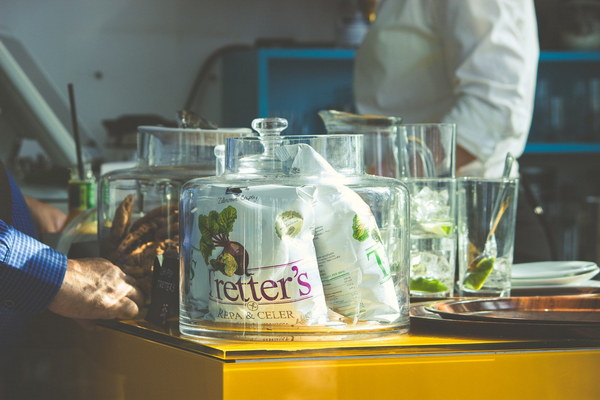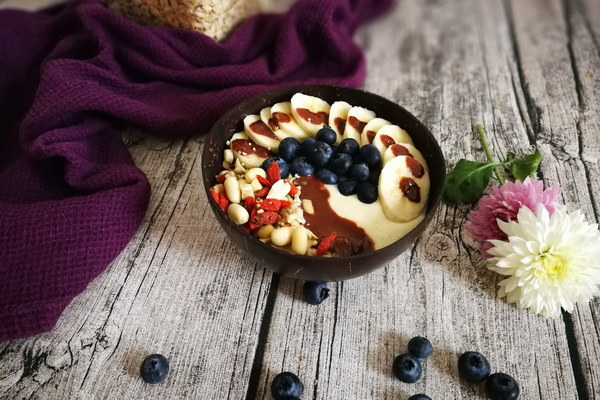Hepatoprotective Elixir The Liver-Boosting Benefits of Licorice Tea
In the realm of traditional medicine, licorice, also known as Gancao in Chinese, has long been revered for its healing properties. One of its most celebrated applications is in the realm of liver care, where licorice tea is often praised for its hepatoprotective and liver-cleansing effects. Let’s delve into the science behind licorice tea and how it can serve as a natural elixir for liver health.
The Liver's Vital Role
The liver is an indispensable organ, responsible for a myriad of vital functions within the body. It detoxifies harmful substances, synthesizes proteins, produces bile for digestion, and stores vitamins and minerals. When the liver becomes compromised, the consequences can be severe, ranging from fatigue and weakness to jaundice and liver failure. Therefore, it is crucial to take proactive measures to support and maintain liver health.
Licorice: A Time-Tested Remedy
Licorice, derived from the roots of the Glycyrrhiza uralensis plant, has been used for thousands of years in both Chinese and Western herbal traditions. The root contains a glycoside known as glycyrrhizin, which is thought to be the primary active compound responsible for its therapeutic effects.
How Licorice Tea Protects the Liver
1. Antioxidant Powerhouse
One of licorice's most notable attributes is its high antioxidant content. Antioxidants combat oxidative stress, which can damage liver cells and contribute to liver disease. The flavonoids and saponins present in licorice tea can neutralize free radicals, thereby safeguarding the liver from oxidative harm.
2. Hepatoprotective Effects

Licorice has been shown to possess hepatoprotective properties, meaning it can help protect the liver from damage caused by various factors, including alcohol, toxins, and certain medications. Studies have indicated that glycyrrhizin can help reduce liver inflammation, improve liver function tests, and even regenerate liver cells.
3. Anti-Inflammatory Actions
Inflammation is a common thread in the progression of liver diseases, such as hepatitis and cirrhosis. Licorice's anti-inflammatory effects can help mitigate this inflammatory process, potentially slowing the progression of liver disease and reducing the risk of complications.
4. Immune System Support
A healthy immune system is essential for maintaining liver health. Licorice has immunomodulatory properties, meaning it can modulate the immune response to help prevent autoimmune hepatitis and other immune-related liver conditions.
How to Prepare Licorice Tea
Preparing licorice tea is a simple process. Here’s a basic recipe:
- 1 tablespoon of dried licorice root
- 1 cup of hot water
- Optional: honey or lemon for added flavor
1. Place the licorice root in a tea infuser or a mesh bag.
2. Pour hot water over the licorice root.
3. Steep for 10-15 minutes.
4. Remove the tea bag or strainer.
5. Sweeten with honey or lemon if desired.
Precautions and Considerations
While licorice tea is generally safe for most people, it is important to exercise caution. High doses of licorice can cause side effects, such as hypertension, fluid retention, and potassium depletion. Individuals with kidney disease, heart conditions, or those taking certain medications should consult with a healthcare professional before consuming licorice tea.
In conclusion, licorice tea offers a natural and flavorful way to support liver health. Its potent antioxidants, hepatoprotective properties, and anti-inflammatory actions make it a valuable addition to a liver-healthy lifestyle. However, as with any supplement, it is essential to use it responsibly and under the guidance of a healthcare provider when necessary.









